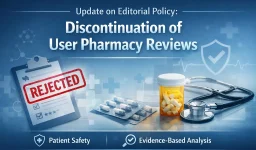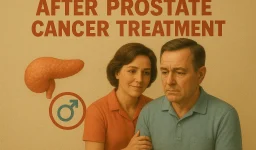Mental disorders and diseases are complex. Some are linked to trauma, some are the result of a predisposition, and others may just happen without any clear explanation. There are cases in which therapy can solve any emotional suffering one experiences; however, there are cases that need to be managed with medication and continued medical help.
Depression is a very serious mental and emotional condition for which patients may or may not be predisposed. Symptoms may often be managed with relative ease through therapy and medication, but if left without proper treatment, the condition may also lead patients to harm themselves or others.
In general, depression can be managed and symptoms will subside, but the condition is often not completely cured and tends to reoccur. In fact, research suggests that 50 percent of those who seek treatment for depression actually end up experiencing relapses. It is important for patients and those surrounding them to be alert so that they can catch relapse symptoms in time and resume treatment before the condition progresses.
Doctors speak of a depression relapse when the patient starts showing depressive symptoms after having been treated and considered depression-free for at least four months. These symptoms may, however, be difficult to recognize, as they often differ from those the patient experienced and showed previously.
There is a wide range of symptoms associated with a depression relapse, most of which are also telltale signs of classic depression. They include fatigue, loss of attraction and interest in others, irritability, social withdrawal, loss of focus and concentration, sleep and weight changes, among others. Patients may show some or a combination of all of these symptoms with different intensities. Noticing and pointing them out early will prevent the situation from escalating and having devastating consequences.
Relapses may happen for a number of reasons, the most common of which being that the treatment is not properly followed or discontinued before the proper time. They can also be triggered by stressful life events such as the loss of a job or a loved one. Hormones may trigger depression relapses as well, particularly in situations like puberty, pregnancy or menopause. Some triggers may be unavoidable, particularly those pertaining to one’s anatomy, but otherwise the key to preventing relapses is as deceptively simple as sticking to the prescribed treatment.
Treatment for depression consists of a lot more than just taking a certain antidepressant; however, that is where many patients fail. It is essential to make lasting lifestyle changes and learn how to manage stress situations in order for patients to become and then stay depression-free, preferably for the remainder of their lives.



